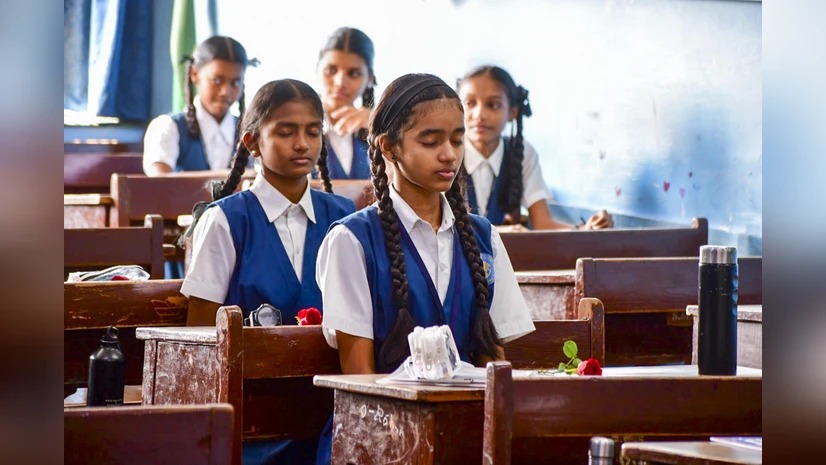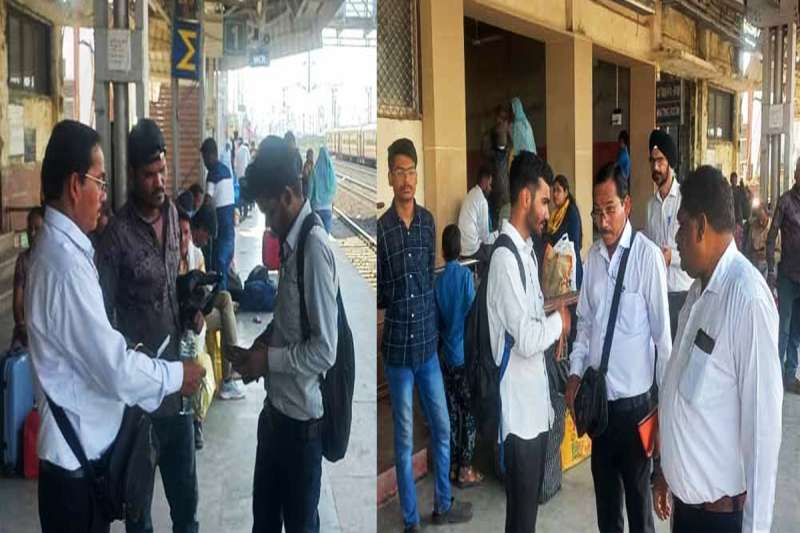Arun Kumar Bhattacharya, J.@mdashThe hearing stems from an application u/s 401 read with Section 482 Cr. PC filed by the petitioner praying for quashing the proceeding being Sessions Case No. 11(9)99 u/s 302 IPC pending in the Court of learned Additional Sessions Judge, 11th Court, Alipore, 24 Pgs(S).
2. The circumstances leading to the above application are that one Jamuna Mondal, wife of Dulal Mondal, a resident of 193 Raja Dinendra Street, Calcutta - 700 009 with her husband, two sons and one daughter, used to work as a cook in the house of one Chandrima Das. A deep relation developed between her and the present petitioner Dilip Mukherjee who used to work in the house of one Nirmal Roy, uncle of Chandrima, and even after leaving her job she maintained her connection with the petitioner. On 23.06.93 at about 1.45 p.m. at the call of the petitioner when she had been to the ground floor room of 189 Raja Dinendra Street, the petitioner all sudden started abusing her and assaulted her with a sharp-cutting weapon from the back on her neck and shoulder resulting in her severe bleeding, injury and fall on the ground followed by her removal to R.G. Kar Medical College & Hospital where she succumbed to injuries on 20.07.93. On the basis, of FIR, Ultadanga P.S. Case No. 77 dated 23.06.93 u/s 307 IPC was started which, was subsequently converted to one u/s 302 IPC. After completion of investigation charge sheet u/s 302 IPC was submitted on 05.05.94. It has been contended by the petitioner that no document u/s 173(5) was forwarded to the learned Magistrate, and the investigation could not be completed within three years in accordance with the provisions of Section 167(5) Cr. PC, as amended.
3. Mr. Tapas Midya, learned Counsel for the petitioner, on referring to the cases of
4. Therefore, two questions involved in the present case are; (1) whether the criminal prosecution against the petitioner is liable to be quashed for non-consideration of the documents and statements u/s 173(5) Cr. PC. and (2) whether cognizance taken by the learned Magistrate of the offence on the basis of chargesheet alleged to have been submitted after expiry of the statutory period as embodied in Sub-section (5) of 167 Cr. PC, as substituted by the West Bengal Amendment Act, 1988 is bad in law and void.
5. So far as the first question above is concerned, the expression "cognizance" means to take judicial notice of an offence alleged for the purpose of proceeding in a particular way. In the present case, the relevant portion of the order dated 05.05.94 runs as follows: ".... Received challan u/s 302 IPC against the accused viz. Dilip Mukherjee who is on C.B. Cognizance is taken ... ". From the above it cannot be inferred that the chargesheet was submitted unaccompanied by the documents or papers as contemplated under Sub-section (5) of Section 173 Cr. PC. That apart, the report as envisaged by Section 173(2) has to be accompanied as required by Sub-section (5) of Section 173 the documents and statements of the witnesses therein mentioned and one cannot divorce the details which the report must contain as required by Sub-section (2) from its accompaniments which are required to be submitted u/s 173(5). The whole of it is submitted as a report to the Court, as was observed in the case of S.J.V. Musadi (supra). So, the said challan or report can be said to have been accompanied by all the documents as envisaged in Sub-section (5) of Section 173 Cr. PC, otherwise there was no scope by the learned Magistrate to supply copies documents on 29.07.99, as is evident from the documents filed. Besides, the word ''shall as used in Sub-section (5) of Section 173 cannot be interpreted as mandatory but directory, as was held in the three Judges Bench decision in
6. As regards the second question above, Mr. Midya appears to have overlooked that police report in the present case was submitted on 05.05.94 i.e. within 11 months from the time of arrest of the petitioner on 23.06.93, and so the question of the cognizance being bad in law and void on account of alleged submission of police report after the statutory period as embodied in Section 167(5) Cr. PC. as substituted by the West Bengal Amendment Act, 1988, is out of the way.
7. In view of the above discussion, the present application being devoid of any merit be dismissed.
8. Let a copy of this order along with the LCR be sent down at once to the learned Court below with a direction to dispose of the case as expeditiously as possible, preferably within a! period of four months from the time of receipt of the record.

